Recognize the right to public transport at the European level! Petition to European Parliament by NGOs

Project „The Right to Petition – the Right to Public Transport!”. Grant funded by the European Union as part of the SPLOT WARTOŚCI project
Available under the terms of the Creative Commons Attribution-NonCommercial 4.0 (CC-BY-NC 4.o) license
A group of 30 non-governmental organizations from Poland has petitioned the European Parliament to draft and pass a resolution on the right to public transport.
Public transport. Petition to European Parliament
The activists’ goal is to directly include this right in the Charter of Fundamental Rights of the European Union.
Jeremi Jarosz, Bender Society: “The petition concerns our rights as passengers and organizations caring for public transport and climate protection. The right to public transport has not been clearly included in documents at the European Union level. In our opinion, it should be treated as a human and civil right”.
The activists remind the lawmakers that the European Green Deal envisages an important role for public transport, but the regulations adopted in Poland and Europe still do not guarantee priority in terms of adequate financing and friendly legislation.
Public transport. Ecological dimension
Krzysztof Smolnicki from the Lower Silesian Smog Alert: „As smog alert organizations, we support actions to support public transport, because this is definitely a way to combat emissions stemming from transportation. Especially in large cities, it is necessary to combat traffic pollution, which is caused mainly by emissions from outdated cars, mostly from diesels that are a dozen or so years old or even older. Access by tram, bus, bike should be cheaper and faster, and then people will use it, because ecological motivation alone is not enough.”
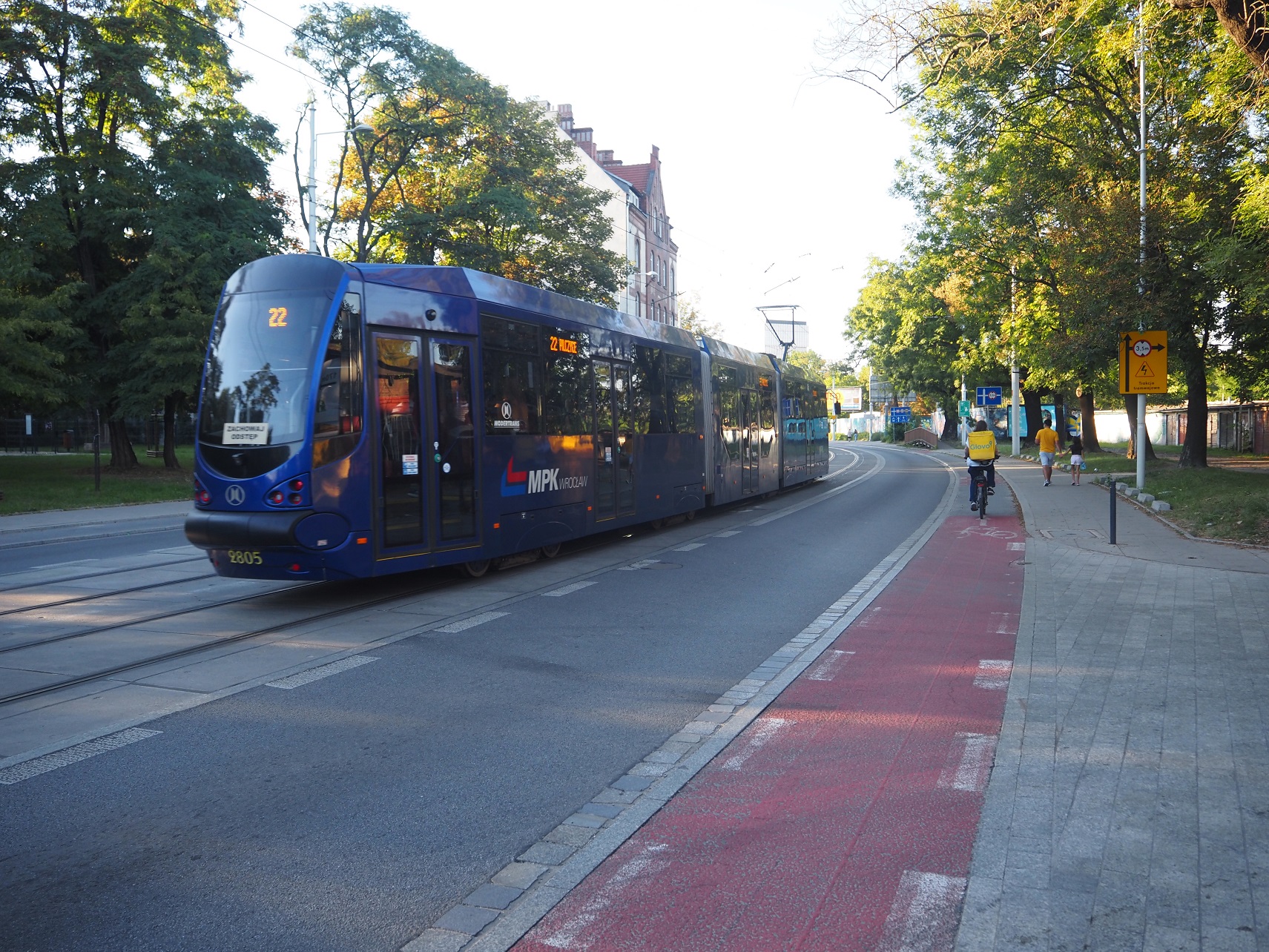
As activists emphasize, we are dealing with a growing phenomenon of transport exclusion. A study by the Bender Society conducted in the Kłodzko county (Lower Silesian Voivodeship, Poland) shows that 13 percent of the residents of the studied area (12.2 thousand residents) live in an area completely excluded from transport, where no connections reach. Even in countries such as Germany, which have a well-developed long-distance rail system and a good transport offer in cities, attention is drawn to the significant disproportion between cities and rural areas.
Public transport and Charter of Fundamental Rights
According to activists, without public transport it is impossible to implement the rights included in the Charter of Fundamental Rights of the European Union, such as health care, integration of people with disabilities, the right to education, as well as services guaranteeing a decent standard of living.
The petition was supported by, among others, Karol Trammer, editor-in-chief of the railway bimonthly „Z biegiem szyn”.
Trammer: “Only secondly should it be a signal to citizens, and first – to local government officials. If such a right to public transport existed, it would be a signal primarily to the responsible persons indicated in the act on public collective transport that such a right must be implemented – emphasizes”.
Public transport. Who supports the petition?
The petition was supported by, among others, environmental organizations: the Ecodevelopment Foundation, the Lower Silesian Smog Alarm and the Eko-Unia association, the Last Generation, the Alter Eko Foundation, the Sustainable Development Foundation, Parents for Climate and Fota4Climate.
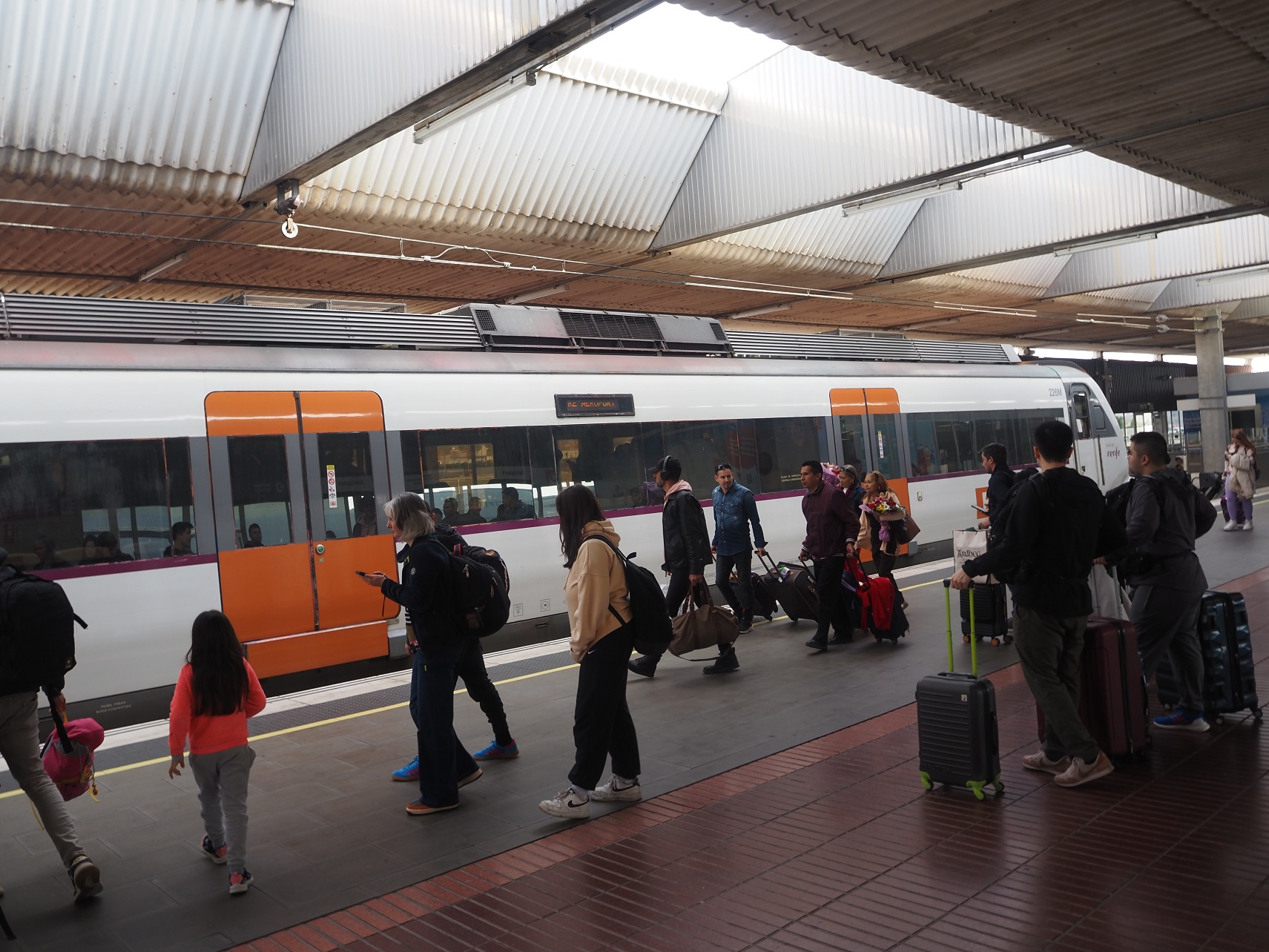
The letter was also supported by organizations dealing with transport, such as the Transport Economics Association, the Prokolej Foundation, the Wrocław Bicycle Initiative, as well as enthusiasts’ organizations: the Urban Transport Enthusiasts’ Club and the Beskidy Railway Association. The list of supporters also included local associations, such as the City Action, the Wrocław City Forum, the Emilia Association, the Regio Development Initiative Center, as well as the Modern Legal Education Association and the Kogutorium association.
Text of the petition
We appeal with a petition to draft and adopt a resolution of the European Parliament on the right to public transport. The aim of the resolution should be to directly include this right in the Charter of Fundamental Rights of the European Union.
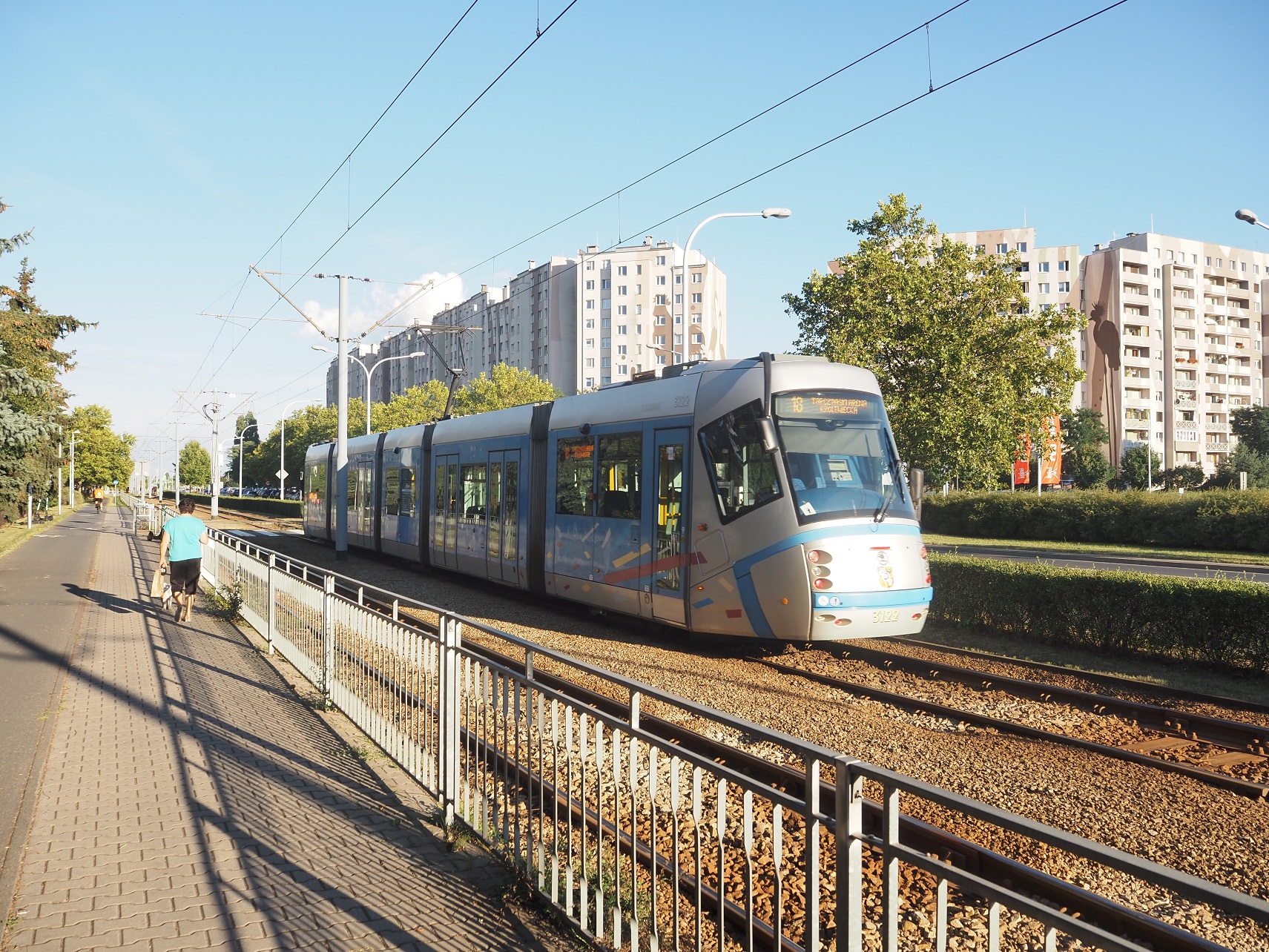
The petition concerns our rights as passengers and organisations that care about public transport and climate protection.
The right to public transport has not been clearly included in documents at the level of the European Union. In our opinion, the right to public transport should be treated as a human and civil right.
The European Green Deal envisages an important role for public transport, but the laws adopted by the EU still do not guarantee priority in terms of adequate financing and friendly legislation. There is no clear definition of the right that would have to be implemented by the European Union and the Member States, including regional and local authorities.
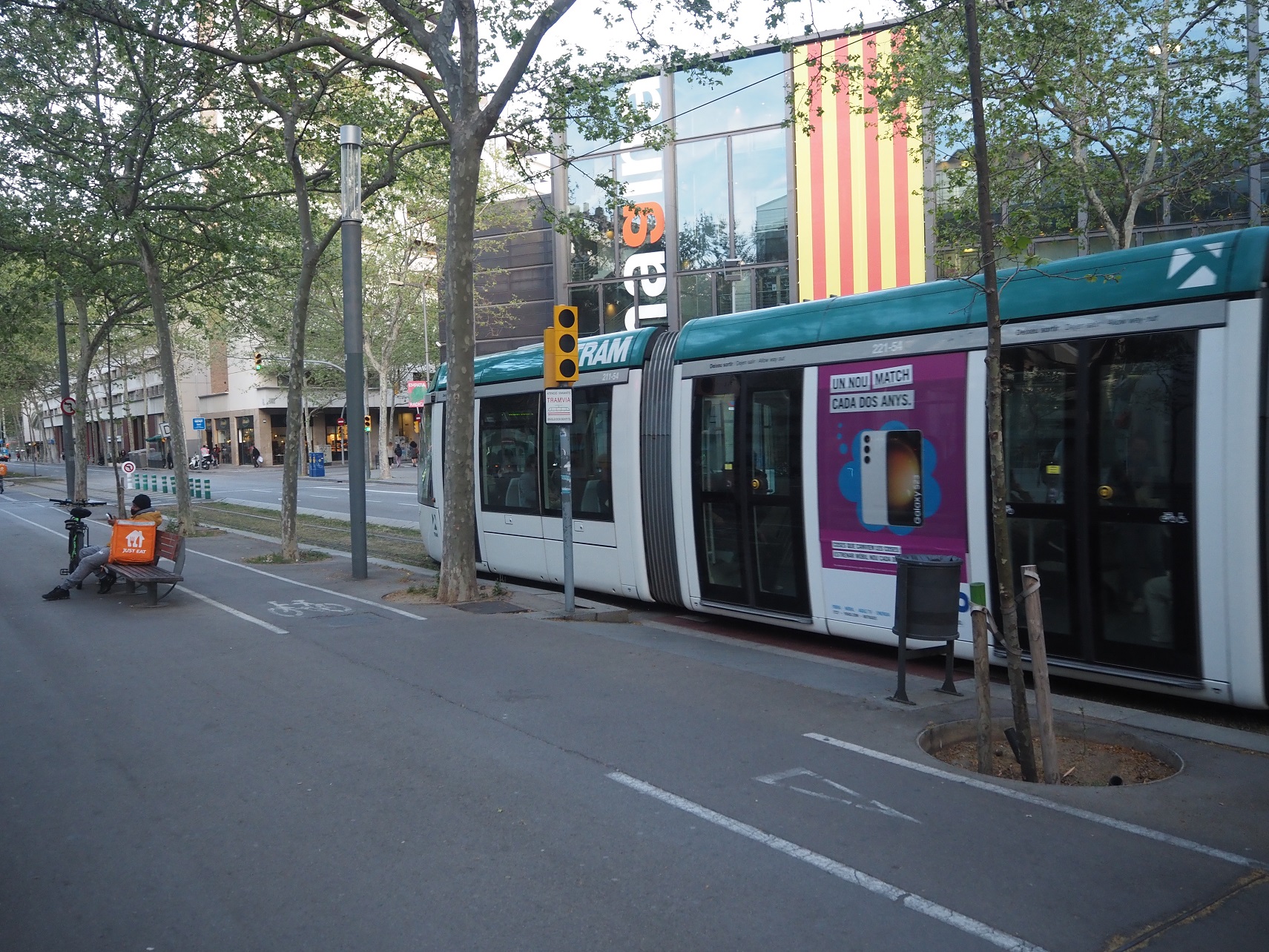
The free movement of people is one of the foundations of the European Union. Unfortunately, in many places this means the free movement of people who have their own car. The current cross-border rail offer unfortunately differs significantly from the domestic offer. There are positive initiatives of the European Commission, while in the future the European level should increasingly coordinate cross-border rail connections.
European legislation is still based on the market model of public transport, focusing on the position of the passenger as consumer and the enterprises providing services. There are many positive innovations brought about by the EU law, for example, passenger rights in rail transport. We value new initiatives, such as the draft regulation on the European ticketing system announced by the President of the European Commission. European legislation still lacks an approach from the perspective of the citizen and the subject of human rights.
Meanwhile, we are dealing with the growing phenomenon of so-called transport exclusion. For example, in Poland, communes where there is no local transport organized by the municipal government are inhabited by 13.8 million people. A study by the Bender Society conducted in the Kłodzko county (Lower Silesian Voivodeship, Poland) shows that 13 percent of the residents of the studied area (12.2 thousand residents) live in an area completely excluded from public transport, where no transport connections reach.
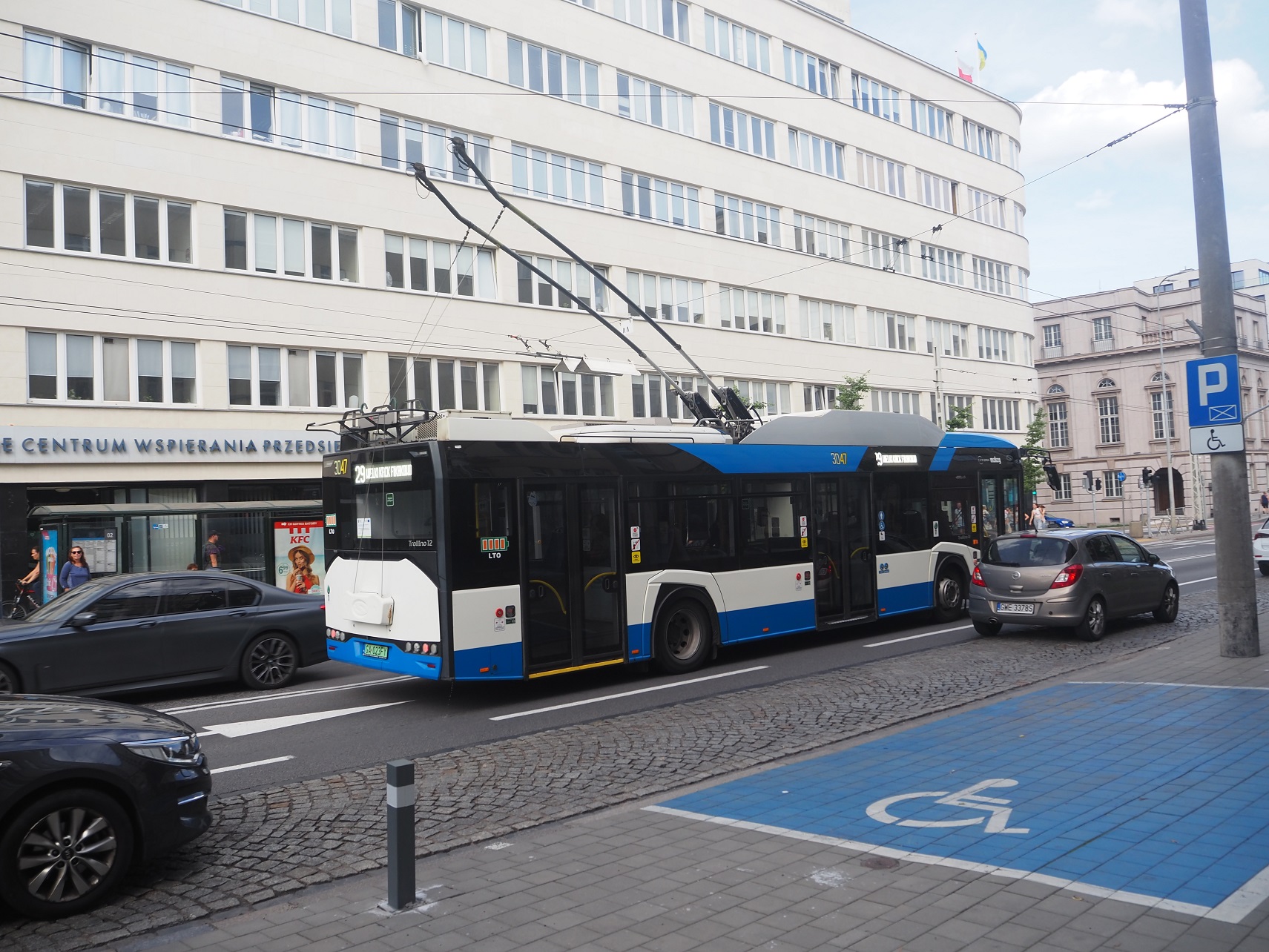
Even in countries such as Germany, which have a well-developed long-distance rail system and good transport offers in cities, attention is drawn to the significant disparity between cities and rural areas. As many as 70% of journeys in rural areas are made by car, while the share of public transport is only 5%. The reason is the lack of connections, with 14% of the least populated German municipalities having four connections per day. In rural areas of Germany, there is satisfaction with road investment, but there is a clear need for rail investment.
The resolution by European Parliament could also strengthen the change in structural funds, especially the European Regional Development Fund and the Cohesion Fund.
Structural funds are still used for road transport, which is why the development of public transport is not as fast as it could be. Rail transport in particular requires significant infrastructure investment in order to increase capacity and speed, which is necessary for effective competition with road transport. The resolution should therefore also take into account the withdrawal of investments into roads other than within the TEN-T network, and within this network – also the prioritisation of rail investments.
The European Parliament, in its resolution of 2023, drew attention to the fact that public transport is a key means for women, as women use public transport more often than men.
The resolution notes that although „cities worldwide are pursuing policies to reduce car use and prioritise public transport as a means of tackling congestion, air pollution and greenhouse gas emissions” and ” travel time, safety and built environment are considered to be the most critical factors when users choose their travel modes”.
However, the problem is that „travel time when using public transport is approximately three times longer than when using a private car and is often due to long waiting times for buses or peak hour boarding congestion in metro stations”.
The right to public transport should therefore be a right not to any public transport, but to transport that is fast, comfortable and tailored to the needs of the user. The framework for such a right should be set at European level, by the European legislature.

